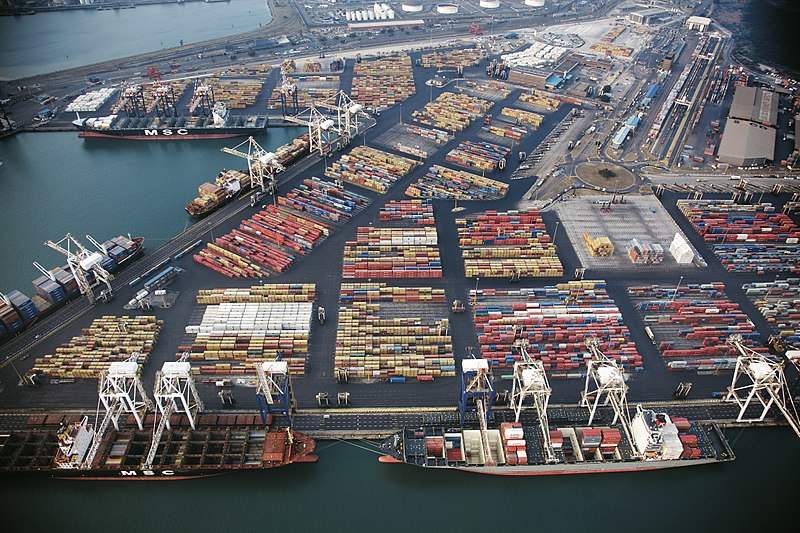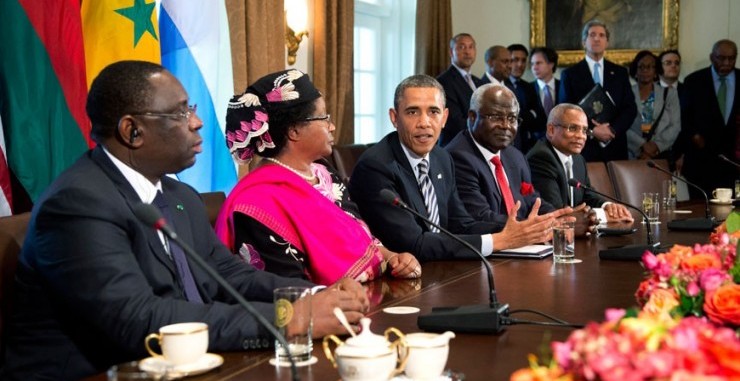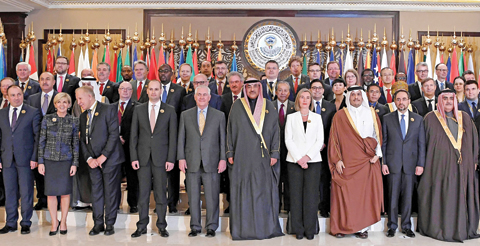While the ability to export products or import inputs efficiently will be key to helping African countries engage more comprehensively with global trade, a new World Bank report finds that even many African countries with major sea ports can still take longer delays than the average European or North American country.
As African countries heavily rely on international trade to boost their economic fortunes, they need to improve customs operations and transport infrastructure. This would have a huge impact on logistics in sub-Saharan African countries, according to a new World Bank report.
The Connecting to Compete 2023 report demonstrates that countries in the subregion are among the lowest performing in World Bank logistics index, which means that imports and exports take longer as they often experience delays.
Land-locked countries in Africa have some of the longest delays because they rely on neighbors’ limited port facilities, along with weak road or rail networks, to get goods in and out of their countries.
The average number of days a container unit spends at a port plus clearance time is 31,3 days for Central African Republic, 11 days for Ethiopia,16,2 days for Nigeria but only 4,3 days for Mauritius. This shows that even many African countries with major sea ports can still take longer than the average European or North American country. Statistics indicate that 90% of imports and exports in Africa are driven by sea.
And if Africa is to play a meaningful role in world trade and benefit from the rapid global growth, its sea ports will be key to ensuring that success, says a recent report by Price Waterhouse Coopers (PWC). However, the global auditing company points out that African ports also face the primary challenges of under-developed infrastructure and inefficient operations, leading to significant losses in potential revenue. According to PWC, of the 72% of world container throughput commanded by developing countries, Africa collectively only sees 1%. A hypothetical improvement from 1% to 3% would increase the economic value of trade by sea by a magnitude equivalent to the GDP of certain African countries.



